As sign of thawing ties Israel allows travel to Saudi Arabia for first time
In a signal of warming ties between the regimes of Israel and Saudi Arabia, Tel Aviv has officially allowed Israelis to travel to Saudi Arabia for the first time as the two sides speed up normalization efforts.
On Sunday, Israel’s interior ministry announced that Interior Minister Arye Dery has signed a directive according to which Israelis are permitted to visit the Arab kingdom for the first time in the occupying regime’s history, Israel's leading daily Haaretz reported.
It, however, added that the ministry’s decision, which was made in coordination with the Israeli military, only allows two groups of Israelis to go to Saudi Arabia.
The first group includes Arab Muslims who want to perform the annual pilgrimages known as the Hajj and the Umrah in the holy city of Mecca. Israeli pilgrims have so far visited Saudi Arabia for performing such Islamic rituals on temporary Jordanian papers.
The second group consists of those Israelis who want to go to the Arab kingdom and stay there for business reasons, such as investment or meetings, and whose permission is limited for up to 90 days. These travelers need an invitation from Saudi authorities and are required to go through the necessary paperwork to enter Saudi Arabia.
Until now, Israeli law banned residents from visiting many Arab countries, including Saudi Arabia, without express permission from the interior minister and visits by Israeli businessmen were generally done in secret.
Saudi authorities have not yet commented on the issue.
Israel has full diplomatic relations with only two Arab states, Egypt and Jordan, but latest reports suggest the regime is working behind the scenes to establish formal contacts with Persian Gulf Arab states such as Saudi Arabia, the United Arab Emirates and Bahrain.
In an unpublicized visit, Israeli Prime Minister Benjamin Netanyahu traveled in late November 2018 to Oman, where he met with late Sultan Qaboos bin Said Al Said at the Bait al-Barakah Royal Palace in the coastal city of Seeb near the capital Muscat.
The unusual visit is considered by many as attempts made by Tel Aviv to normalize ties with Arab countries.
Saudi Arabia has expanded secret ties with Israel under Crown Prince Mohammed bin Salman, the son of King Salman, who is viewed by many as the Kingdom’s de facto ruler. The young prince has made it clear that he and the Israelis stand on the same front to counter Iran and its growing influence in the Middle East.
Back in 2018, Saudi Arabia opened its airspace for a commercial flight to Israel with the start of a new Air India route between India and Israel, although El Al Israel Airlines might not use Saudi airspace for eastward flights.
Critics say Saudi Arabia’s flirtation with Israel would undermine global efforts to isolate Tel Aviv and affect the Palestinian cause in general. They say Riyadh has gone too far in its cooperation with the Israelis as a way of deterring Iran as an influential player in the region.
Venezuelan military stands with acting president after US kidnapping of Maduro
VIDEO | Press TV's news headlines
VIDEO | Protesters in Toronto slam US kidnapping of Venezuelan president
Israeli troops detain, intimidate Palestinian toddler in West Bank
Iran says its investments in Venezuela face no major risk
Make ‘right decision’ or face more US pressure, Rubio tells Venezuela’s Rodriguez
VIDEO | General Soleimani honored in Kashmir, Kargil
US, Israel waging ‘soft warfare’ to destabilize Iran after June defeat: Top general


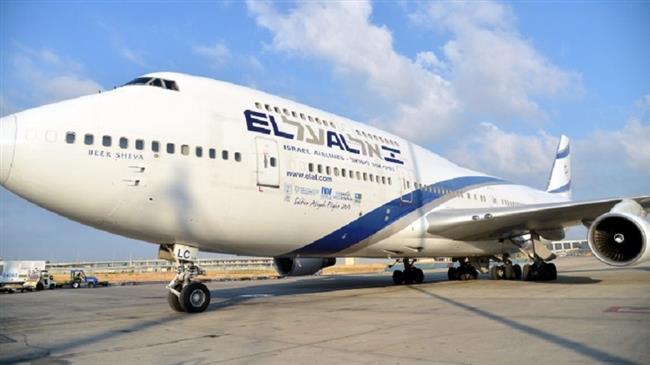








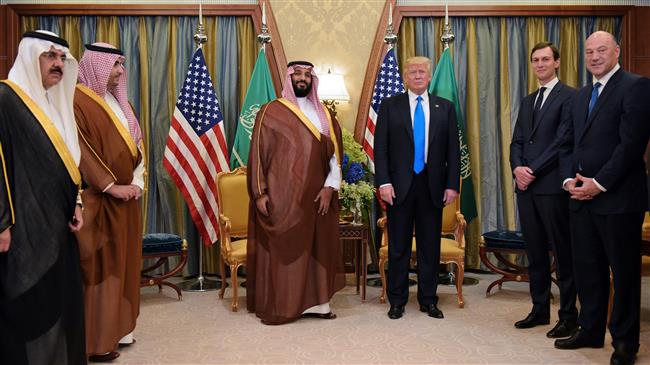
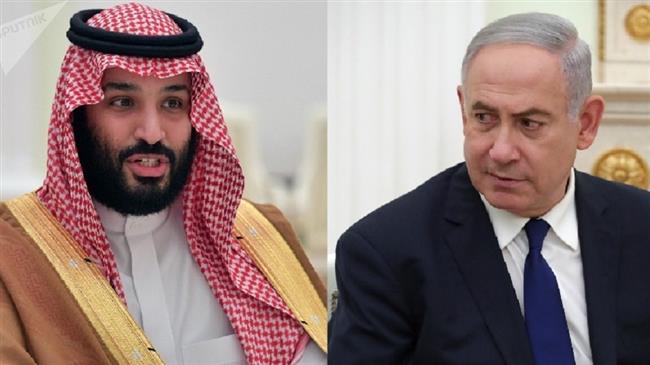
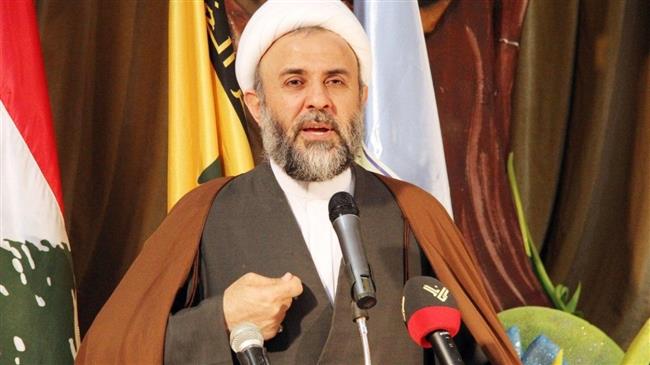
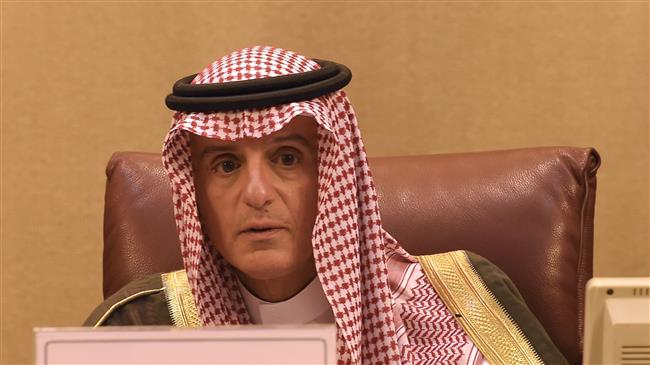
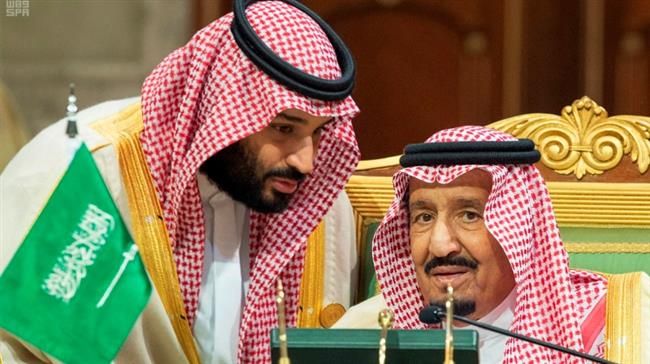

 This makes it easy to access the Press TV website
This makes it easy to access the Press TV website